
Comments by a Liberal senator linking terror raids with a campaign to ban the burqa have been described as “stupid and ignorant” and designed to “feed prejudice”.
As news broke of the mass counter-terrorism operation across Sydney and Brisbane, in which 15 people were arrested and one charged, Liberal Senator Cory Bernardi took to Twitter to rail against the burqa as a “shroud of oppression”.
Senator Bernardi has been a long-time critic of the burqa, arguing that it is a “symbol of female oppression and Islamic culture”, carries security and identification risks and is “un-Australian”.
Labor leader Bill Shorten on Thursday criticised Senator Bernardi’s remarks, telling Fairfax Media that the last thing the country needed was “stupid” and “ignorant” comments from government MPs.
“Why on earth is this out-of-touch, out-of-line senator on a rampage with his ignorant and stupid comments?” asked Mr Shorten. “This senator’s comments should have no part to play in public life, fuelling fear and suspicion.”
Mr Abbott stopped short of rebuking his backbencher on Thursday when asked about Senator Bernardi’s comments at a media conference in the Northern Territory, saying there was no need to “fret about people’s faith” or “fret about what people wear”.

 International basketball’s governing body
International basketball’s governing body 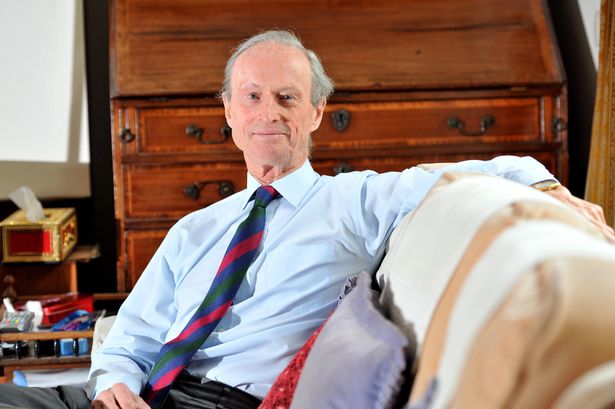 A senior Conservative has become embroiled in a row after suggesting a Muslim Labour councillor may have got preferential treatment because she was wearing a headscarf.
A senior Conservative has become embroiled in a row after suggesting a Muslim Labour councillor may have got preferential treatment because she was wearing a headscarf.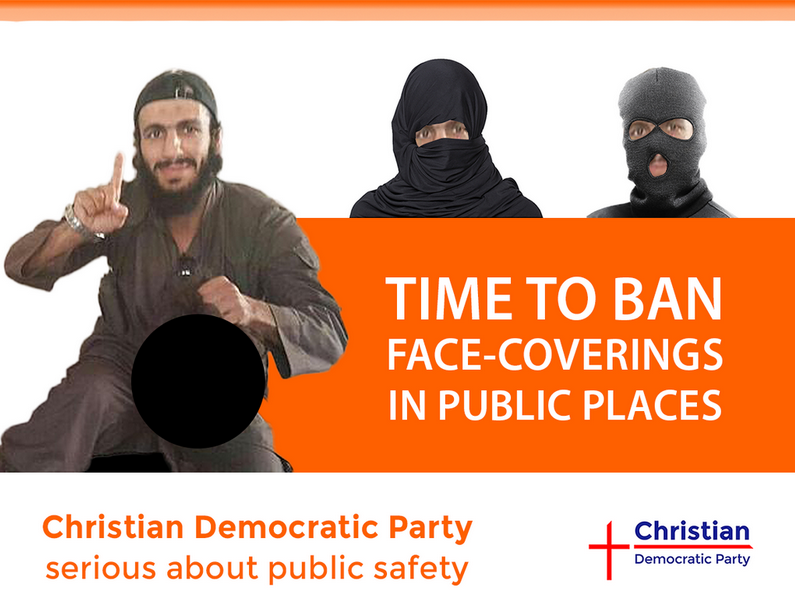 Christian Democratic Party leader Fred Nile’s latest attempt to ban the burqa across NSW has been branded anti-Islamic and a political stunt.
Christian Democratic Party leader Fred Nile’s latest attempt to ban the burqa across NSW has been branded anti-Islamic and a political stunt.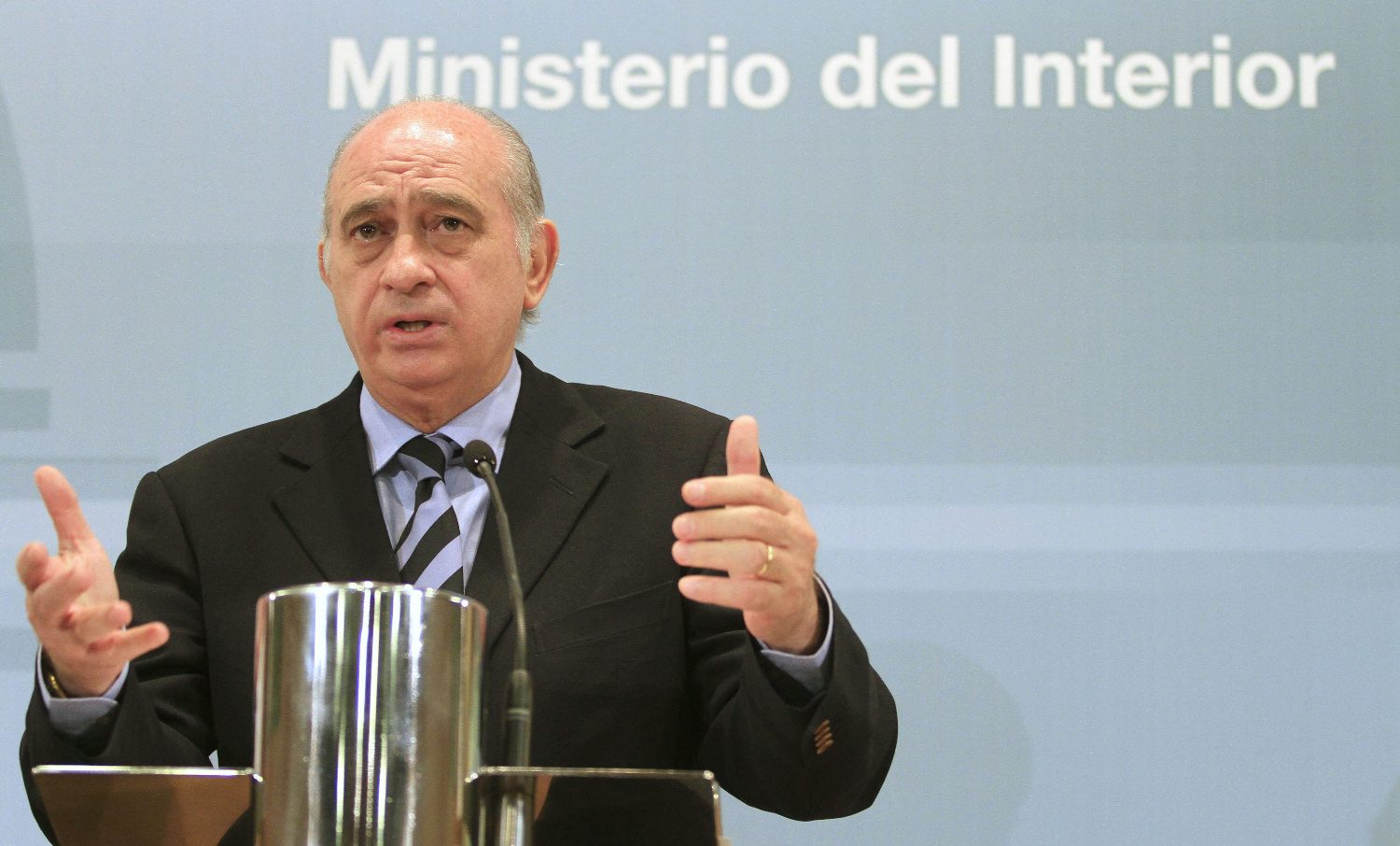 Spain’s interior minister Jorge Fernández Díaz on Wednesday said the Spanish government would consider including a ban on burqas as part of a packet of planned new security reforms.
Spain’s interior minister Jorge Fernández Díaz on Wednesday said the Spanish government would consider including a ban on burqas as part of a packet of planned new security reforms.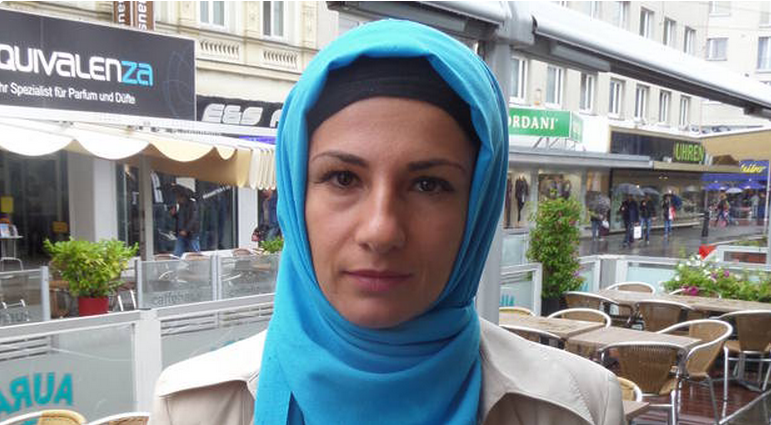 A 37-year-old Muslim woman from Vienna has complained to police after being attacked by a woman whilst travelling on Vienna’s metro.
A 37-year-old Muslim woman from Vienna has complained to police after being attacked by a woman whilst travelling on Vienna’s metro. Two young women from Somalia and Afghanistan who were studying at a Prague nursing school
Two young women from Somalia and Afghanistan who were studying at a Prague nursing school 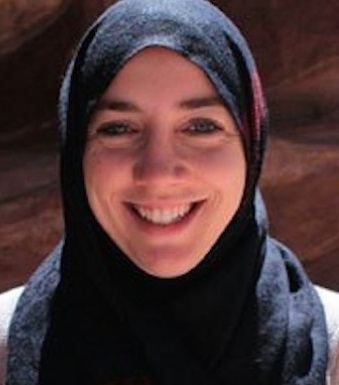 The International Basketball Association’s ban on religious headwear like turbans, hijabs, and yarmulkes worn by some Sikh, Muslim, and Jewish basketball players is an “extremely disrespectful” way of forcing players to choose between their favorite sport and their religion, one of the Muslim women fighting to overturn the ban told ThinkProgress this week.
The International Basketball Association’s ban on religious headwear like turbans, hijabs, and yarmulkes worn by some Sikh, Muslim, and Jewish basketball players is an “extremely disrespectful” way of forcing players to choose between their favorite sport and their religion, one of the Muslim women fighting to overturn the ban told ThinkProgress this week.